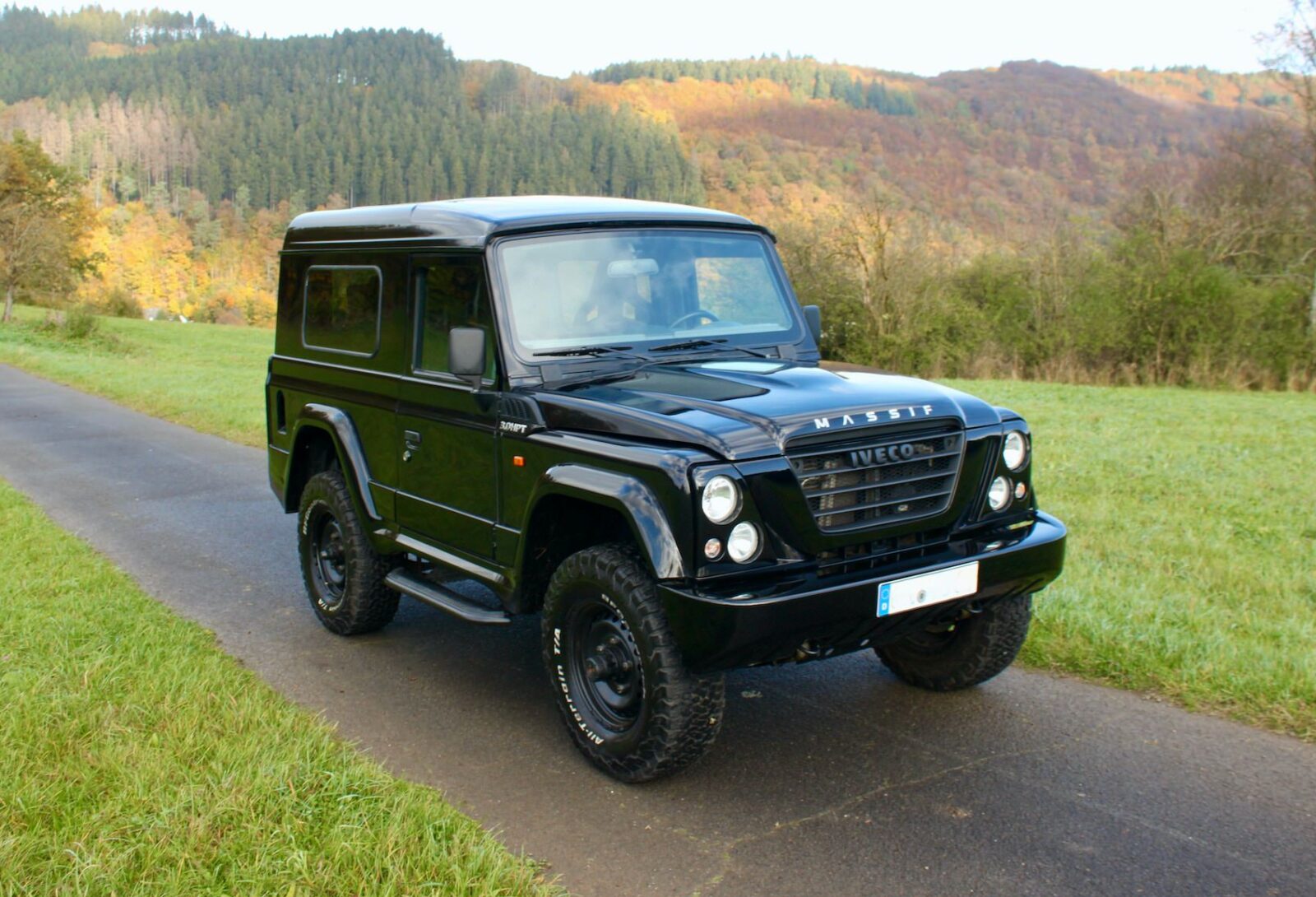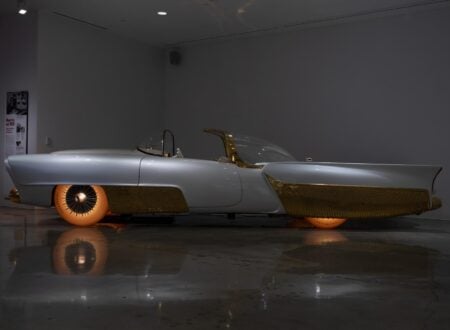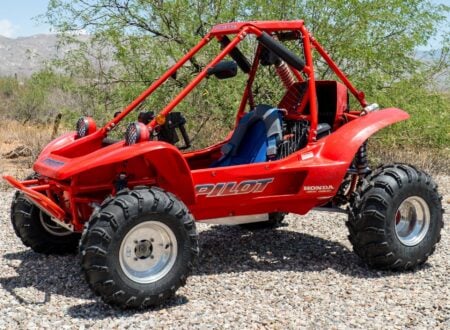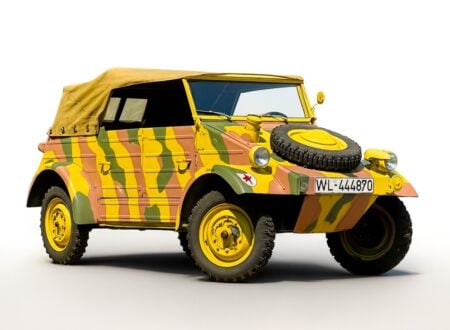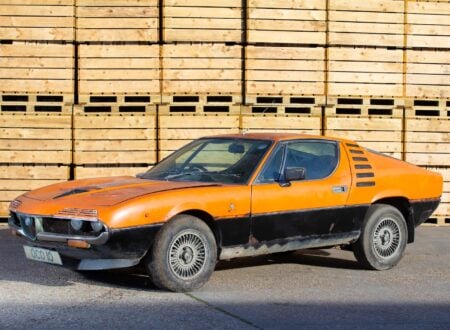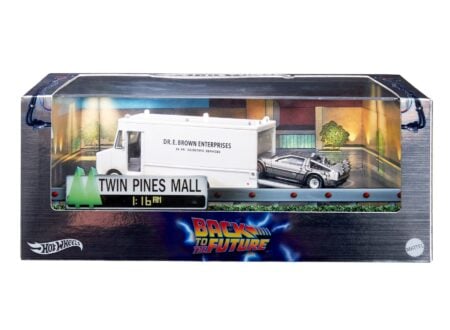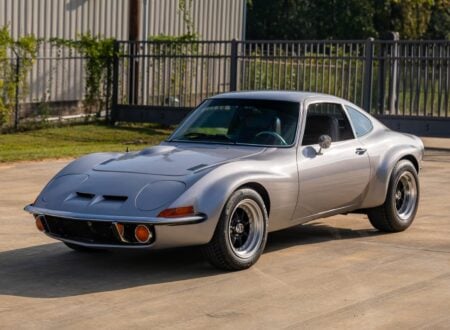The Iveco Massif is a modern four-wheel drive that was built in Spain by Santana for Italian company Iveco which is owned by Fiat. Fewer than 10,000 were made between 2007 and 2011, and they were almost all sold in continental Europe.
If you see some familial similarity between the Iveco Massif and the Land Rover Defender you’re not wrong, the Massif is largely based on the running gear of the Santana PS-10, which is a direct descendant of the Series Land Rovers that had been built under license in Spain.
Fast Facts – The Iveco Massif
- Iveco was founded in 1975 when five automakers from three European countries merged: FIAT Veicoli Industriali (Italy), OM (Italy), Lancia Veicoli Speciali (Italy), Unic (France), and Magirus-Deutz (Germany).
- The Iveco Massif was designed by Giorgetto Giugiaro to be a competitor for both the Land Rover Defender and the commercial (and military) version of the Mercedes-Benz G-Wagen.
- The Massif uses body-on-chassis construction and it’s fitted with front and rear live axles on parabolic leaf springs, a 3.0 liter turbodiesel inline-4 engine, and a 6-speed manual transmission.
- Short wheelbase and long wheelbase versions were sold and the Massif proved popular with both commercial and military customers.
Santana, Land Rover, And The Massif
Santana is a rock band formed in 1966 by Mexican-American guitarist and songwriter Carlos Santana, it’s also the name of a Spanish automaker based in the province of Jaén, and it’s this second use of the name we’ll be focussing on today.
Santana started out as Metalúrgica de Santa Ana, S.A in 1956 building agricultural machinery but in 1961 they branched out into building Land Rovers under license from complete knock-down kits (CKD) from England.
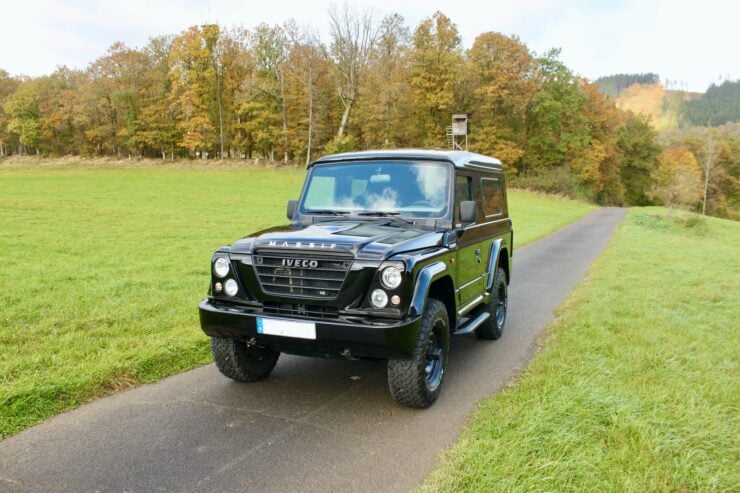

These Santana Land Rovers proved huge popular in Spain and elsewhere in Europe, the company made additional revenue selling them in South America, North Africa, and the Middle East. In the 1980s they formed an alliance with Suzuki to build a number of the Japanese automaker’s four-wheel drive models in Spain including the Samurai, Vitara, and Jimny.
In the late 1990s and early 2000s the company developed the Santana PS-10, a direct competitor to the Land Rover Defender that used upgraded mechanical components from the older Series Land Rover vehicles.
It would be the PS-10 that caught the eye of Iveco, who were looking for a similar four-wheel drive vehicle to add to their own product range to appeal to commercial, military, and agricultural buyers.
An agreement between the two companies was reached and a modified version of the PS-10 was designed by famed automotive designer Giorgetto Giugiaro and the team at the Iveco Style Centre.
The Iveco Massif – History + Specifications
The Iveco Massif was developed relatively rapidly as it used the pre-existing running gear of the Santana PS-10 with its ladder frame chassis, parabolic leaf springs, axles, gearbox, transfer case, brakes, and more.
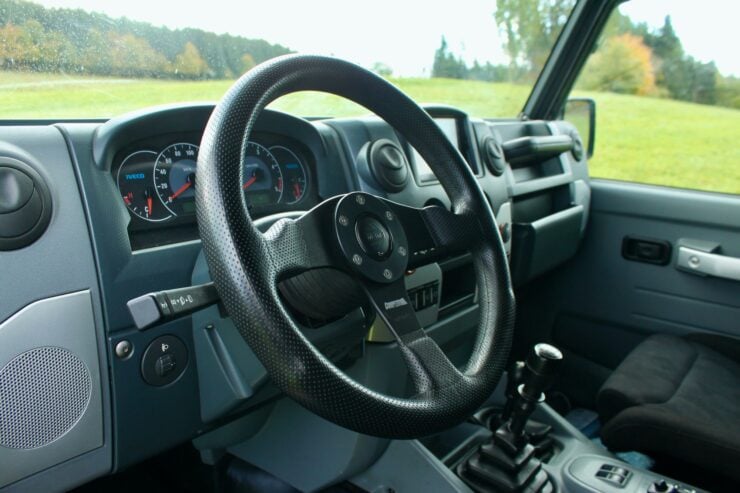

The body of the Massif was specifically designed for commercial and military use, so it was kept as simple and functional as possible, easy to fix, and inexpensive.
The rear door is just over one meter wide so that it can accommodate a standard Euro pallet, and it’s powered by the same 3.0 liter diesel engine used in the Iveco Daily van. This engine was offered in two specification levels, one with 148 bhp and 258 lb ft of torque and the other with 174 bhp and 295 lb ft of torque thanks to an upgraded variable geometry turbocharger.
Power is sent back into a 6-speed ZF 6S400 overdrive manual gearbox and it has both high and low ranges. Unlike the permanent four-wheel drive used on the Defender, the Massif instead uses selectable two or four-wheel drive. The theory being that just using rear wheel drive would be suitable for most tasks, and it would save approximately 10% on fuel costs.
Disc brakes were fitted to all four corners, manual-locking free-wheeling hubs were used up front, and there was the option to have a limited slip differential fitted at the rear.
Ultimately the design of the Iveco Massif was perfect for its intended purpose and they initially sold well with 6,692 units finding buyers in 2007, the first year the model was offered for sale.
Popularity of the Massif would drop off after this with new vehicle buyers and when Fiat started buying heavily into bankrupt American automaker Chrysler in 2009 they gained access to the full line of Jeep vehicles.
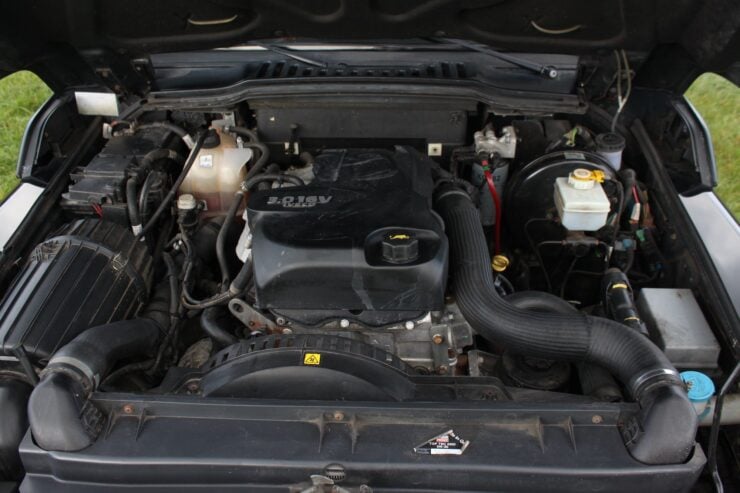

By 2011 it was clear that it would be more cost effective to use Jeeps for the same purpose as the Massif and so production ended. The Massif is now a bit of an anomaly, they remain popular in 4×4 circles in Europe and largely unheard of elsewhere, and thanks to their shared platform and drivetrain it’s easy for owners to source spare parts when needed.
The Iveco Massif Shown Here
The Massif you see here is a 2009 model fitted with the desirable “HPT” engine fitted with the variable geometry turbocharger giving it almost 300 lb ft of torque.
It’s riding on BFGoodrich All-Terrain tires on steel wheels and it’s been fitted with an AVM differential lock for off-road use. Inside you’ll find Recaro Sportster CS seats, a Momo Competition steering wheel, and a new stereo with Apple CarPlay compatibility.
The factory specification for the car includes electric windows, air conditioning, and a 180W power outlet on the dashboard, and it has received full anti-corrosion underbody protection.
It’s now for sale through Collecting Cars out of Germany, if you’d like to read more about it or register to bid you can click here to visit the listing.
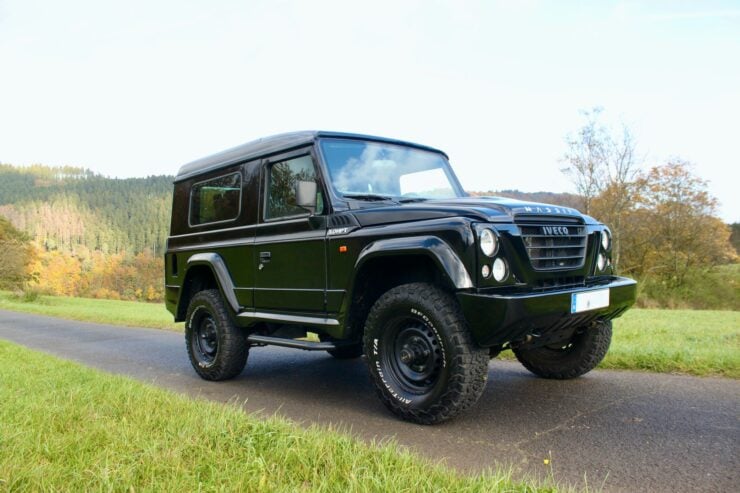
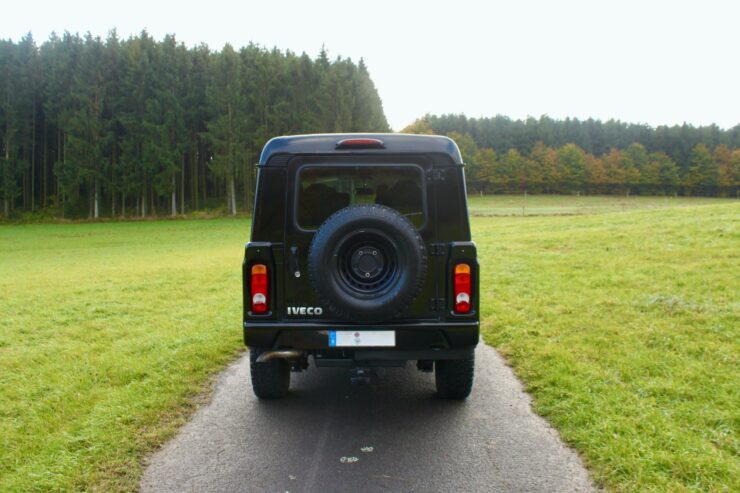
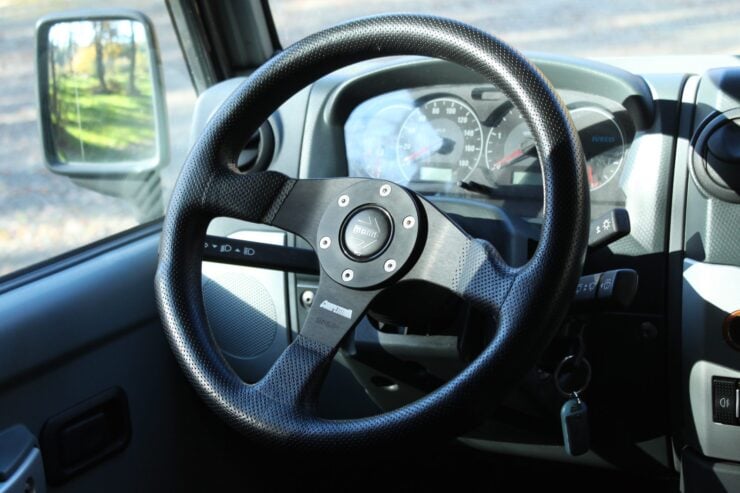
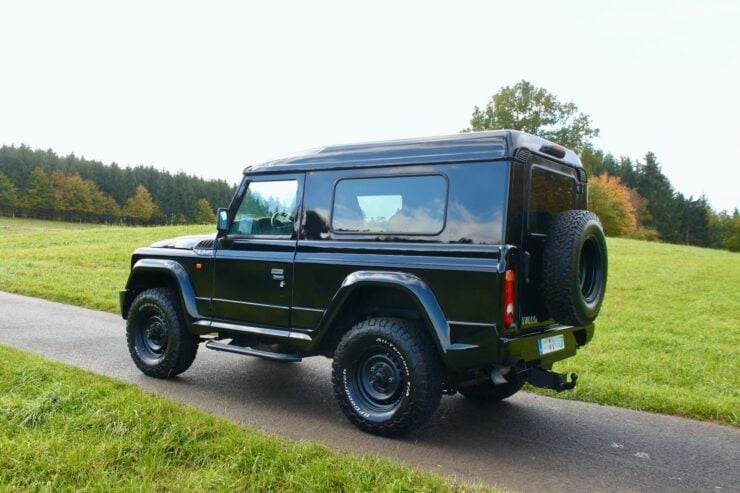
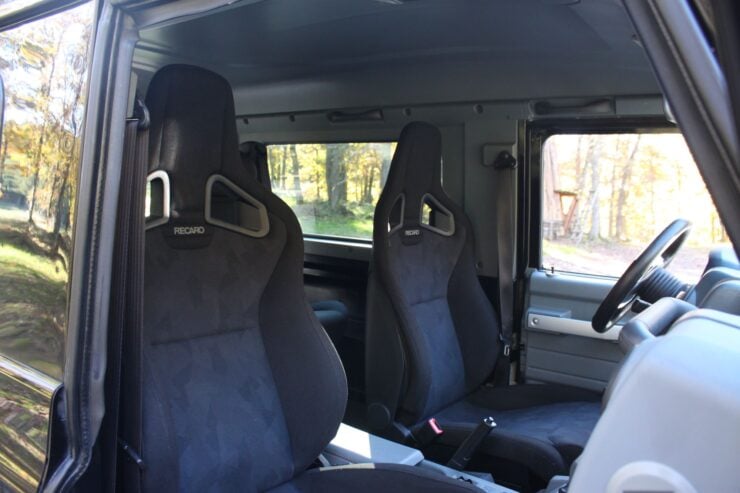
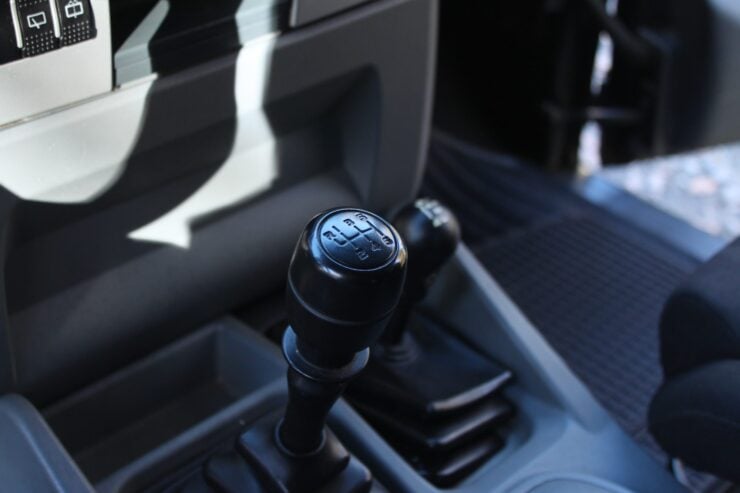
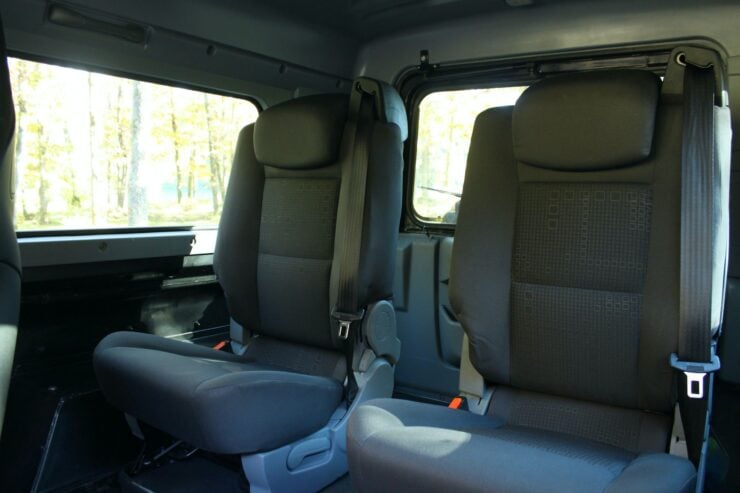
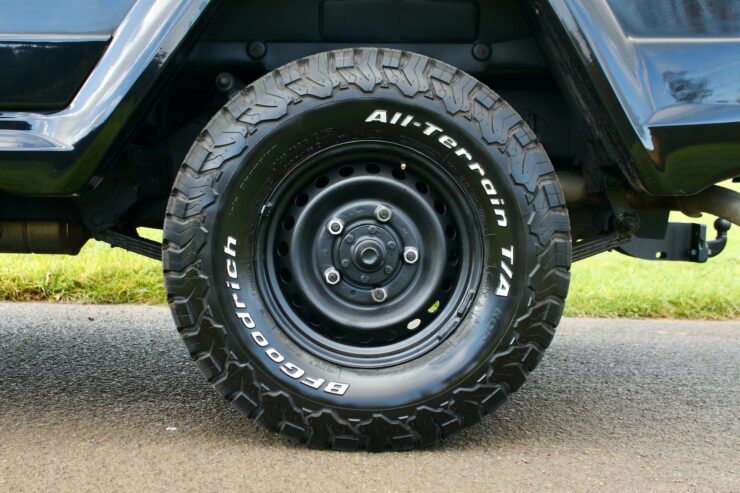
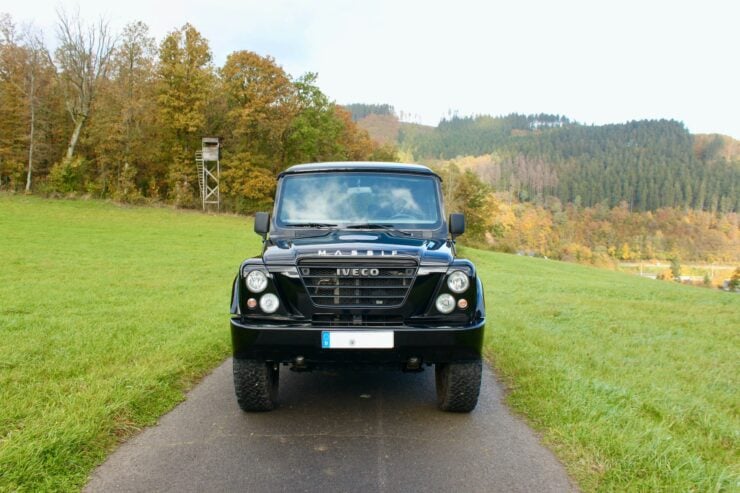
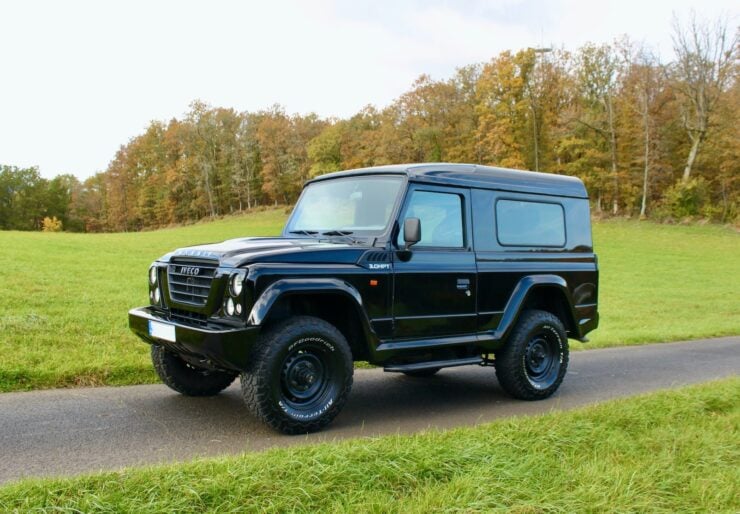
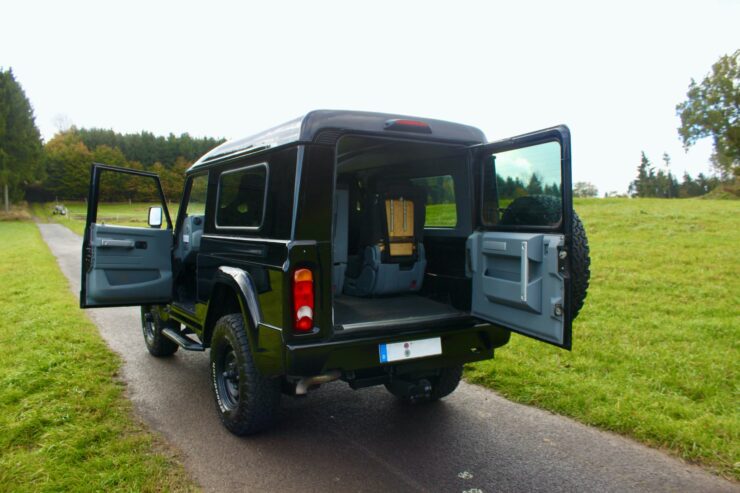
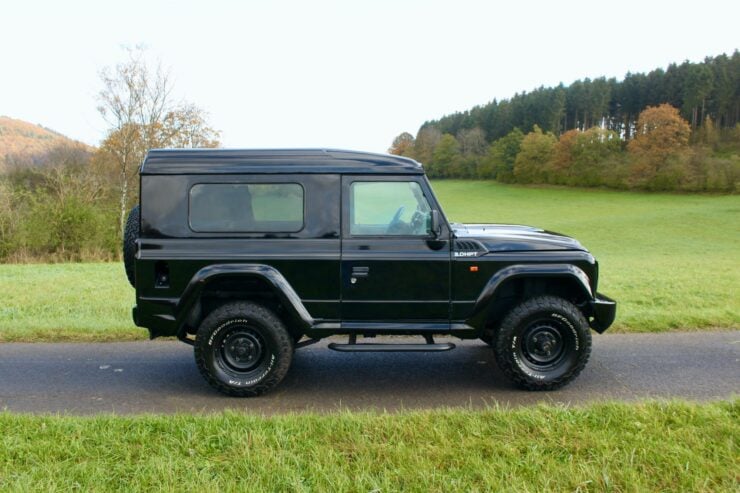
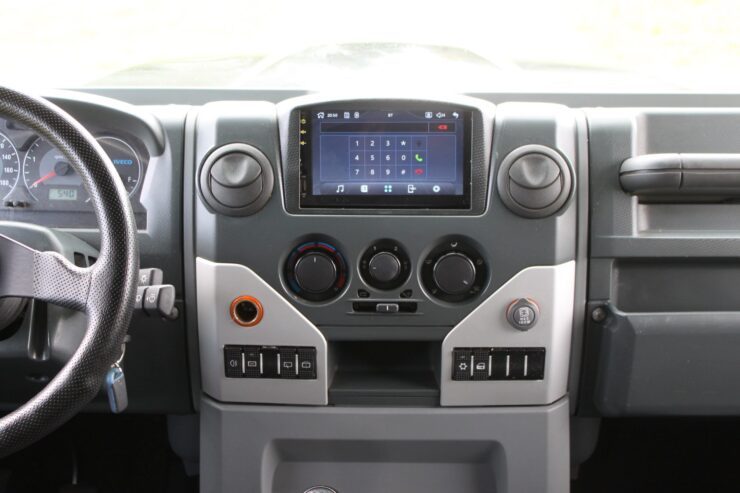
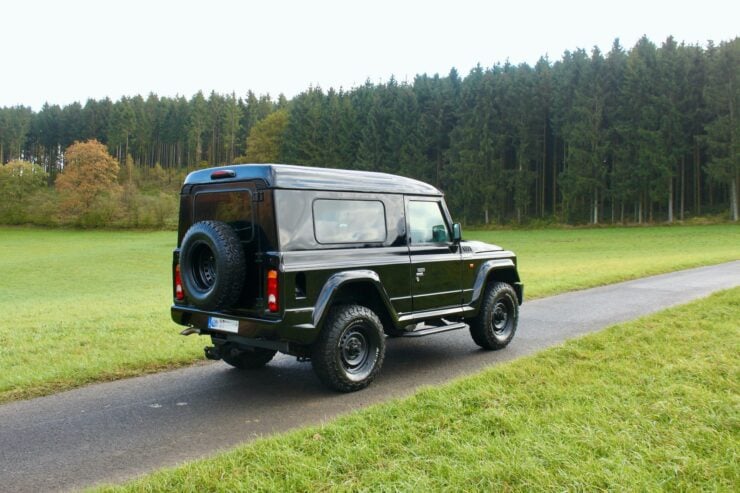
Images courtesy of Collecting Cars

